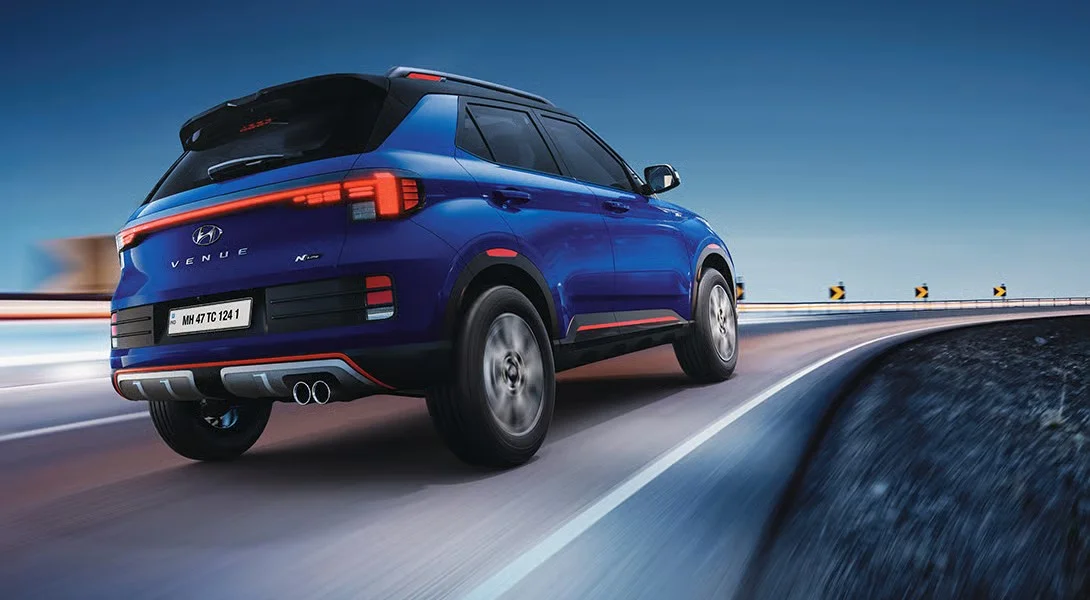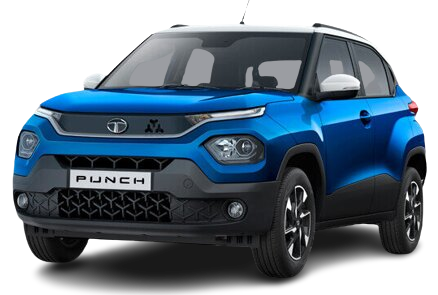What is the mileage of Hyundai Venue N-Line?
The Hyundai Venue N-Line offers different mileage figures depending on the fuel type and transmission. The manual petrol variant delivers up to 18.5 km/l, while the automatic petrol variant offers up to 18.31 km/l.





















